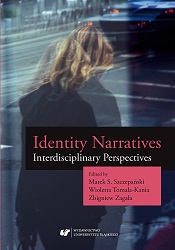



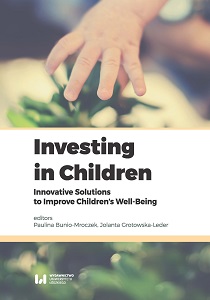
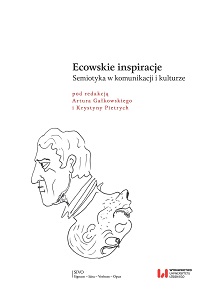
Keywords: ecology; existentialism; phenomenology; semiotics; (inter)subjectivity
This paper departs from the confrontation of a biological-semiotic concept of Umwelt with a psychological-phenomenological concept of Lebenswelt aiming at exhibiting their interpretations in selected investigative domains of the philosophy of nature and culture. The first part is devoted to the question of how the semiotic relationships of animals and humans to their subjective universes are discursively modeled in phenomenology as a study of individual experience that is consciously realized by senses from the first person perspective. Animals are admitted to have relations with actual things in the observable reality through an outward extension of their body, but they are stated to lack a direct access to the things in themselves and to their various forms of being because they cannot transcend the imprisonment of their surroundings. In the second part exposing the framework of existential semiotics, the existence modes of animal and human subjects are considered in terms of being in the world as immanence and being for the world as transcendence. Immanent subjects are explained as existing in their environments and transcendent subjects as being able to go beyond their life-world. Reassuming the similarities and differences between the research conclusions of philosophers and psychologists, the author puts forward investigative postulates addressed to anthropological linguistics or linguistic anthropology substantiating the search for the defining characteristics of speech derivable from the contrast between the verbal and non-verbal means of communication used in the world of humans and animals.
More...
Keywords: corporality; identity; subject; sign; body; text
In her article, the author discusses the problem of corporality (body) of a subject, in reference to the writer’s/narrator’s search for her or his own identity. The analyses are based on a prose piece by Teji Grover [Tejī Grovar], a contemporary Hindi writer.The subject’s identity is unstable, changeable, reveals a breakage and, thus, remains in a constant need of auto-creation. The author of the article supports the main idea by referring to the concept of self and showing that the contemporary subject is of a dual nature, divided between I and me – being simultaneously the subject and object of its own actions and reactions. The subject in the novel, she argues, experiences her own body in three ways: in relation to touch (by a man/lover); by changing the narrative’s “I” into “she” and/or by producing own replica(s) (images), separate from her sexuality and desire, in order to make the body visible, present, accessible; by changing her body into text. The latter may be explained literally – as forming the body from letters, constructing a literary corpus, and metaphorically: as writing about carnal experiences in the very text of the novel. There, the subject re-fashions her body into the textual space of own writing, and in this way re-presents and re-creates her own identity.
More...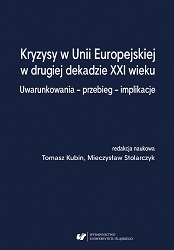
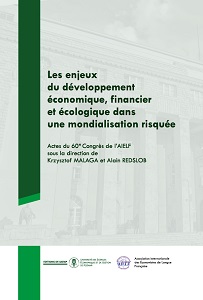
Keywords: social entrepreneurship;social innovation;optimal development;global risk;governance;
Faced with globalization imperatives, a market economy shaken by increased crises, to new issues related to sustainable development, it’s high time to emerge reflections to rethink an economy more humanistic with a real social and environmental dimension that respond to the economic development requirements, to the humanity and to the planet problems. In this context, socially responsible entrepreneurship is an innovative model that makes it possible to integrate social and environmental aspects into its economic activities. This innovative voluntary approach of social and responsible entrepreneurship doesn’t deny the social, economic and ecological fundamentals; Thus helping creating social value in different fields (health, education, employment, finance, etc.). The will to control the overall socio-economic environment (internal and external) of a socially responsible company is based on the search for total control of all the risks that it can generate in its business, These risks are closely linked to the innovation process. The main objective of a social entrepreneur’s innovation is to bring about social change, which leads to real risk-taking, namely: determining the financing capacity of innovation, which is often costly, and its development, the innovative use of resources to explore and exploit opportunities which respond to a social need in a sustainable way. Hence social enterprise explicitly displays a mission of collective interest which involves the concerned stakeholders in order to analyze, share and control the various risks that may constitute a major obstacle to innovation, to communicate programs of development, of cooperation, of financing and of social and solidarity economy, contributing to the realization of social entrepreneurial projects, assisting them, accompanying them and ensuring their good governance and ensuring their sustainability. On the basis of theoretical reflections, the aim of this communication is to highlight the different approaches of social entrepreneurship concept through a literature relating to social innovation concept, and then to recognize the various risks closely linked to social innovation, in order to study how a socially responsible company can manage these risks and finally to analyze in a pluralistic manner the ways in which risks are shared among its stakeholders partners for an optimal development.
More...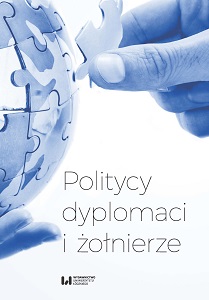
Keywords: USA; Russia; alliance; Franklin Delano Roosevelt; Joseph Stalin
-
More...
Keywords: entrepreneurial ecosystem;entrepreneurship;business environment;start-ups;Bulgaria;
The theme of the article is related to the entrepreneurial ecosystem and its recent developments. The objectives of the communication are oriented towards the study of approaches of analysis of the entrepreneurial ecosystem and the discussion of the contemporary challenges to the entrepreneurship. Particular attention is paid to recent developments in the entrepreneurial ecosystem within the business environmental conditions of Bulgarian enterprises and the factors influencing them. On this basis, by applying descriptive quantitative and qualitative research methods, the study aims to establish a kind of up-to-date mapping of the entrepreneurial ecosystem in Bulgaria.
More...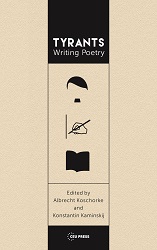
Keywords: Hitler;Mein Kampf;
The first dictatorial book of the twentieth century is Adolf Hitler’s programmatic text Mein Kampf. Unlike later representatives of the same genre, this book has had an impact far outlasting the regime it helped found. It continues to have a remarkably divided reception.
More...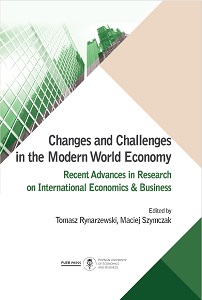
Keywords: internalisation;evaluation;
The aim of this article is to review the existing methods for measuring the internationalisation of the company and indicate their use in determining the impact of the internationalisation process of the company on its performance. Against the background of the diagnosis of a variety of methods to assess the internationalisation process, an approach will be presented which, according to the authors, allows a slightly different approach to the issue discussed, namely from the perspective of network approach.
More...
Keywords: management;international supply chains;international supply networks;
The purpose of this discussion is to demonstrate the essence of the relationship between the evolution of the management of international supply networks and chains and a new quality of international business management. In pursuit of this objective, the results of empirical research, conducted in the years 2000–2015, and a forecast for the development of logistics by 2020 were presented.
More...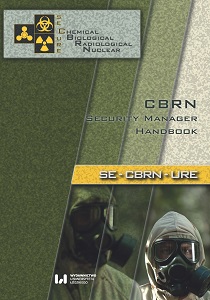
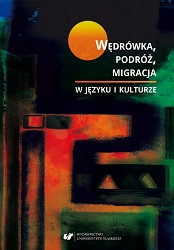
The life and works of Edward Stachura could be interpreted in the context of geopoetics. He represents the type of creator endowed with exceptional spatial dynamic — he could write everywhere he was led by his nomadic temperament. His entire oeuvre is deeply marked by this intellectual nomadic nature. This, in turn, allows to classify the author as a nomadological subject and posit a thesis regarding comparable activity of Stachura in two spaces: internal and external. The former can be a subject of a phenomenological description, while the latter reveals itself in a complementary function. The predominance of the nomadic element above other topics is revealed in the narrative strategy (“the narrator is me”) as well as hypersemiotic and overexpressive portrayals, the conflict between conscious and subconscious representation, vitalism juxtaposed with the nihilistic worldview, search for knowledge about the world and oneself countered by epistemic impotence. Edward Stachura can be considered, then, a writer of the road that ultimately leads nowhere, exemplified by his suicide. Or, perhaps, that was in fact his goal and his liberation?
More...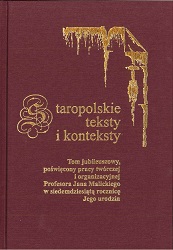
Keywords: debate; genology; public disputes; Aristotle; democracy; Athens
This preliminary study might be classified as an academic inquiry from the perspective of genre archaeology. In this inquiry, the author attempts to search for the genre roots of debate as a form which shaped the public discourse of that time. To this end, the author presents various practices of debate in Athens at the times of Pericles and Aristotle. Further, she presents Aristotle’s opinion regarding the usefulness of rhetoric and debate for dispute resolution in a democracy as well as his genre division of the forms of public speaking. Lastly, the author discusses several educational practices thanks to which those genre models could have been solidified and passed on to the next generations.
More...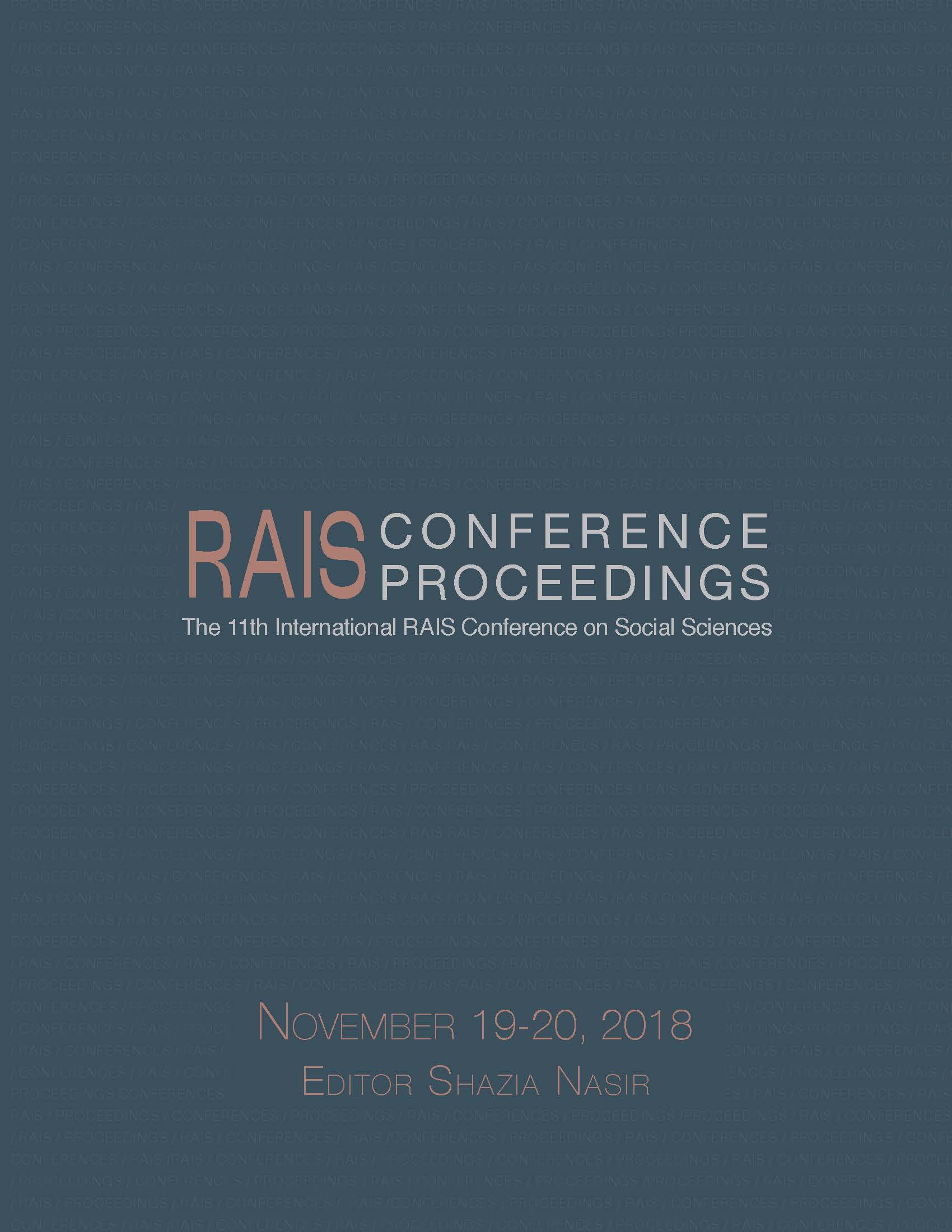
Keywords: collaborative pedagogy; cultural translation; linguistics; social anthropology;
The 21st century witnessed the emergence of Translation Studies, which include linguistics, comparative literature, sociology, semiotics, and communication. Translation Studies is also an interdisciplinary field that deals with the study of the theory, the description and application of translation, and cultural translation. Cultural Translation, which encompasses postcolonial translation studies, cultural gaps, and cultural manipulation, requires training the students of translation in the areas of social anthropology to help them achieve cultural and intercultural competence. Therefore, the purpose of the current quasi-experimental study was to provide the students with new translation training to help them understand the role of culture in translation. Examining the relationship between translation, linguistics, education, and social anthropology showed a shift in the purpose of translation from transferring information into a task of transmitting culture. Such a shift necessitates training the students to acquire socio-cultural skills by engaging them in discussions and dialogues about the culture of the original texts. The current study was an attempt to help students perceive the relationship between translation and culture to understand that some texts, specifically literary texts, do not only involve mastering two languages syntactically and semantically, but they also require communicative skills to analyze the social anthropological aspects of the texts, including culture, religion, and ideological and political issues. Therefore, this study applied the recent collaborative pedagogy for translation, which is based on improving social and cultural skills, for providing the students with the strategies for enhancing their professional practices within a social-constructivist educational environment. Moreover, emphasizing the concept of cultural turn in the work of polysystems in translation, the significance of this study lies in analyzing a number of theories to examine the relationship between translation, linguistics, and social anthropology and their impact on students’ culture and intercultural competence.
More...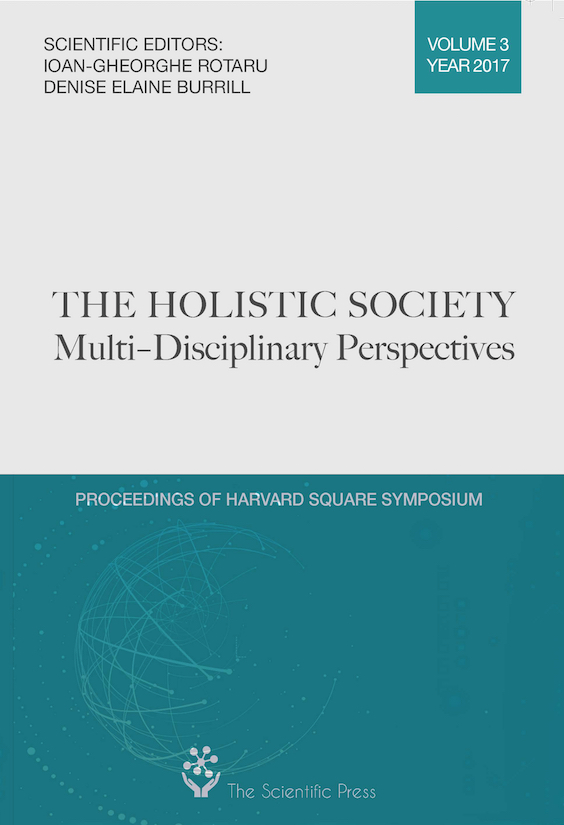
Keywords: society; church; holistic development; virtualization;
The concern about the uniformity of the population of the earth, in terms of human and fundamental rights, has become a constant concern over the past decades for the majority of politicians, particularly those from the developed countries. This reality, also known as globalization, has benefited from both sympathy and appeals. This phenomenon was taken over by Literature, Philosophy, Sociology, Theology, etc., and each field has specifically proposed different aspects of what would happen in the future. Therefore, this paper attempts to capture the phenomenon of globalization from the point of view of the holistic development of the society. The approach is critical to provoke thinking on this issue and less concluding with normative consequences. What this study adds to is that it is surprising that the approach to holistically develop the society is actually one that changes or intends to replace it. The argumentation system for this thesis is based on the evolution of some systems and the way they are used. We are talking about the theological, financial, political, psychological and social assistance system. We propose this perspective as a dialogue and as a way of directing scientific thinking to areas, considered, solved.
More...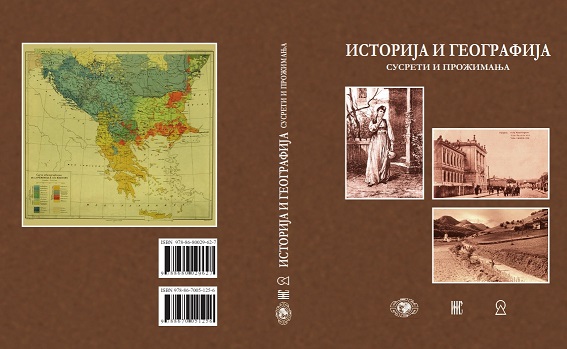
Keywords: genesis; history of development; periurban area; Veternik;
Suburbs with non-agricultural population, which have no city functions, are formed in the closest gravitational sphere of the cities. One of the examples of such settlements is Veternik, a settlement in the gravitational area of Novi Sad, which was formed shortly after the World War I. The subject of the research is an overview of the development of Veternik as a typical suburban settlement. Considering the location, history, population, migration characteristics and features of the Veternik settlement, the goal is to discuss the development of the periurban area of Novi Sad.
More...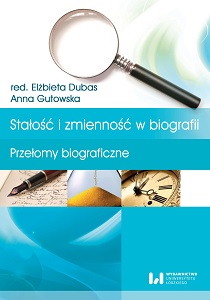
Keywords: breakthrough; creativity; transgressions; self-creation; biographical studies; adult education
In this article I take a reflection on the meaning of life breakthroughs in adult life in the context of discovering and becoming aware by a person of the new development opportunities. Particular importance is attached to the notion of creativity analyzed in relation to the possibility for adults to explore new directions of fulfillment during their mid-adulthood. I assume that the creation of goods, ideas and values, crossing their own barriers and taking transgressive actions allows adults to transform consciously the life’s project and future plans. In the present text I also clarified the issues that may be interesting in the biographical research, as well as in terms of adult education, focusing on the theme of life breakthrough, the transformation of life, opportunities for development and creativity of adults in their middle age.
More...